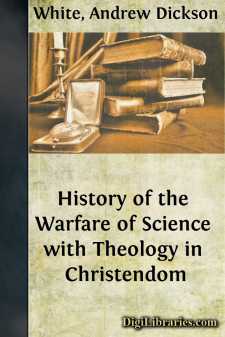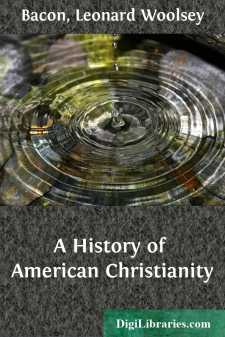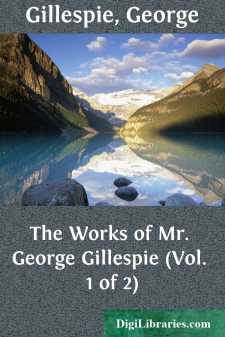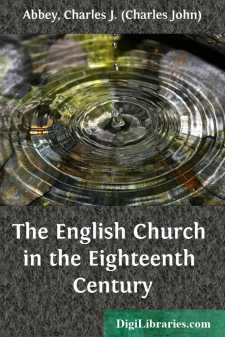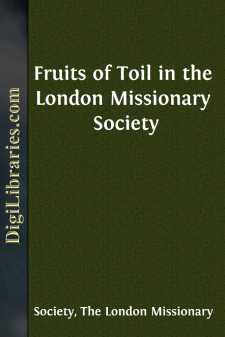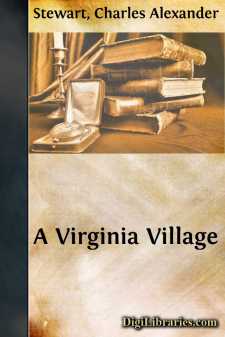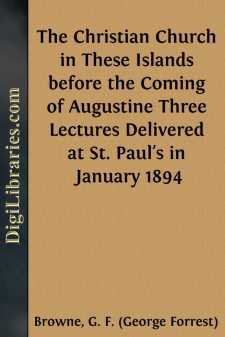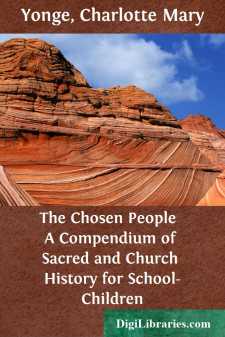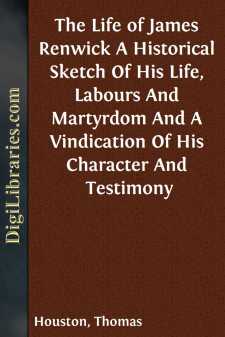Religion
- Agnosticism 2
- Antiquities & Archaeology 21
- Atheism 13
- Biblical Criticism & Interpretation 16
- Biblical Meditations 3
- Biblical Reference 1
- Biblical Studies 11
- Buddhism 8
- Christian Church 52
- Christian Education 5
- Christian Life 26
- Christianity 61
- Cults 2
- Devotional 6
- Eastern 2
- Education 4
- Eschatology 1
- Ethics 3
- General 60
- Gnosticism 1
- Hinduism 15
- History
- Holidays 10
- Inspirational 1
- Islam 8
- Judaism 3
- Leadership 1
- Meditations 3
- Monasticism 1
- Mysticism 11
- Philosophy 4
- Prayer 26
- Prayerbooks 5
- Religion & Science 12
- Sermons 54
- Spirituality 53
- Theism 2
- Theology 17
- Theosophy 15
History Books
Sort by:
My book is ready for the printer, and as I begin this preface my eye lights upon the crowd of Russian peasants at work on the Neva under my windows. With pick and shovel they are letting the rays of the April sun into the great ice barrier which binds together the modern quays and the old granite fortress where lie the bones of the Romanoff Czars. This barrier is already weakened; it is widely decayed,...
more...
CHAPTER I. PROVIDENTIAL PREPARATIONS FOR THE DISCOVERY OF AMERICA—SPIRITUAL REVIVAL THROUGHOUT CHRISTENDOM, AND ESPECIALLY IN THE CHURCH OF SPAIN. The heroic discovery of America, at the close of the fifteenth century after Christ, has compelled the generous and just admiration of the world; but the grandeur of human enterprise and achievement in the discovery of the western hemisphere has a less...
more...
by:
George Gillespie
ADVERTISEMENT. (Transcriber’s Note: This book is an 1846 reprint of George Gillespie’s books, which were originally published separately. Each is reprinted here with its original title page and other front matter. The paper book had no page numbers; each book is transcribed here with its own page numbering, which may have no correspondence with the publisher’s idea of the page numbers.) In...
more...
CHAPTER I. INTRODUCTORY. The claim which the intellectual and religious life of England in the eighteenth century has upon our interest has been much more generally acknowledged of late years than was the case heretofore. There had been, for the most part, a disposition to pass it over somewhat slightly, as though the whole period were a prosaic and uninteresting one. Every generation is apt to...
more...
Fruits of Toil IN THE When our fathers established this Society they were met by a formidable array of difficulties of which we know nothing. Gathered in fellowship when the infidel principles of the French Revolution were doing deadly work, and soon involved in the national struggle of the great war, they found little to encourage them in the outward aspects of their position. Christian men were few;...
more...
FOREWORD Charles A. Stewart's A Virginia Village is a charming depiction of the early days of Falls Church. It is the earliest attempt to put on paper the story of the Falls Church area. In addition to interesting stories about people and organizations and life generally in the small town of 80 years ago, the book contains photographs of 107 Falls Church houses, stores, and churches then standing....
more...
LECTURE I. Importance of the anniversaries connected with the years 1894-1897.—Christianity in Kent immediately before Augustine.—Dates of Bishop Luidhard and Queen Bertha.—Romano-British Churches in Canterbury.—Who were the Britons.—Traditional origin of British Christianity.—St. Paul.—Joseph of Arimathea.—Glastonbury.—Roman references to Britain. We are approaching an anniversary of...
more...
"God, who at sundry times and in diverse manners spake in time past unto the fathers by the prophets, hath in these last days spoken unto us by His Son, whom He hath appointed heir of all things."—Heb. i, l, "Yes; so it was ere Jesus came— Alternate then His Altar flame Blazed up and died away, And Silence took her torn with Song, And Solitude with the fair...
more...
by:
J. C. McFeeters
I. THE LAND OF THE COVENANTS. All history is interesting and much of it is inspiring. Scotland furnishes a large measure of that quality of history, that awakens the soul, and appeals to the faculties by which life is transfigured with moral grandeur. History yields its best results when we use our best powers in pursuing its paths. Let the creative genius, a healthy imagination, be employed restoring...
more...
by:
Thomas Houston
RENWICK'S LIFE James Renwick was the child of godly parents in humble life. His father, Andrew Renwick, was a weaver, and his mother, Elizabeth Corson, is especially mentioned, like the mother and grandmother of Timothy, or like Monica, the mother of Augustine, as a woman of strong faith, and eminently prayerful. As several of her children had died in infancy, she earnestly sought that the Lord...
more...


